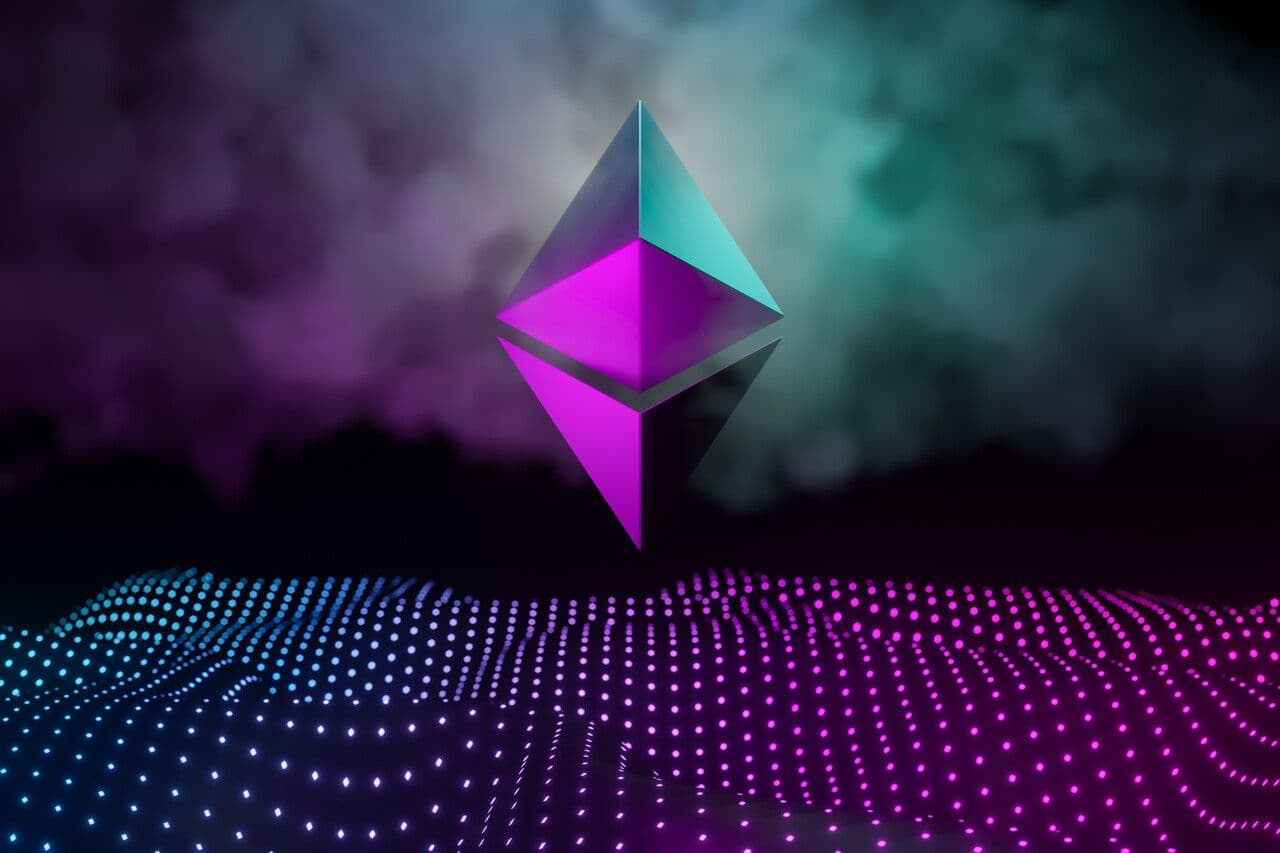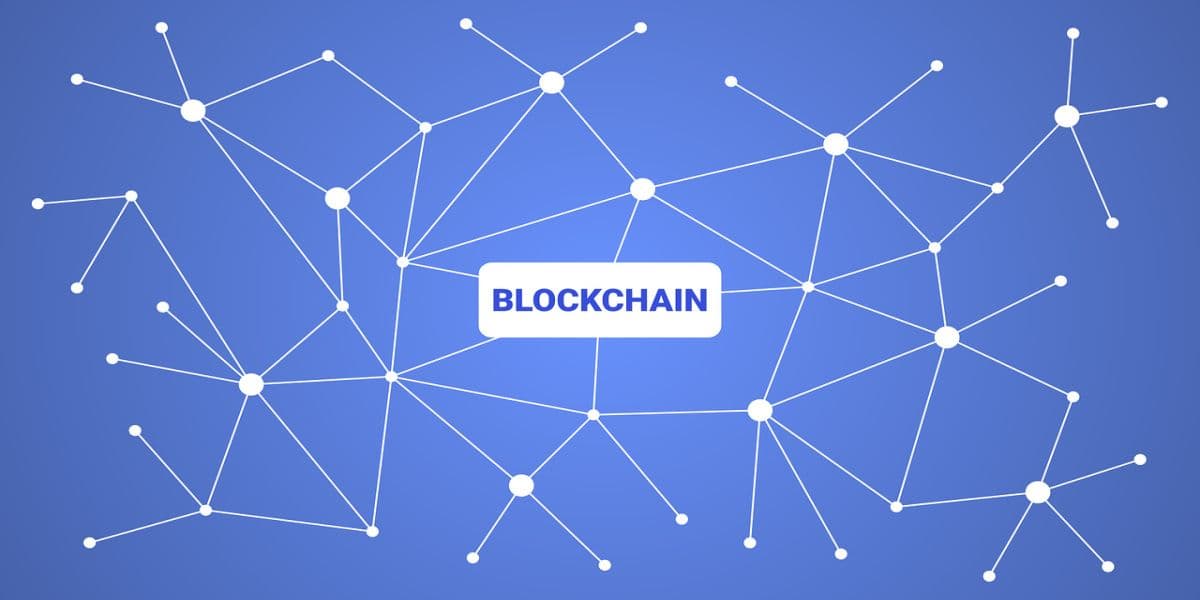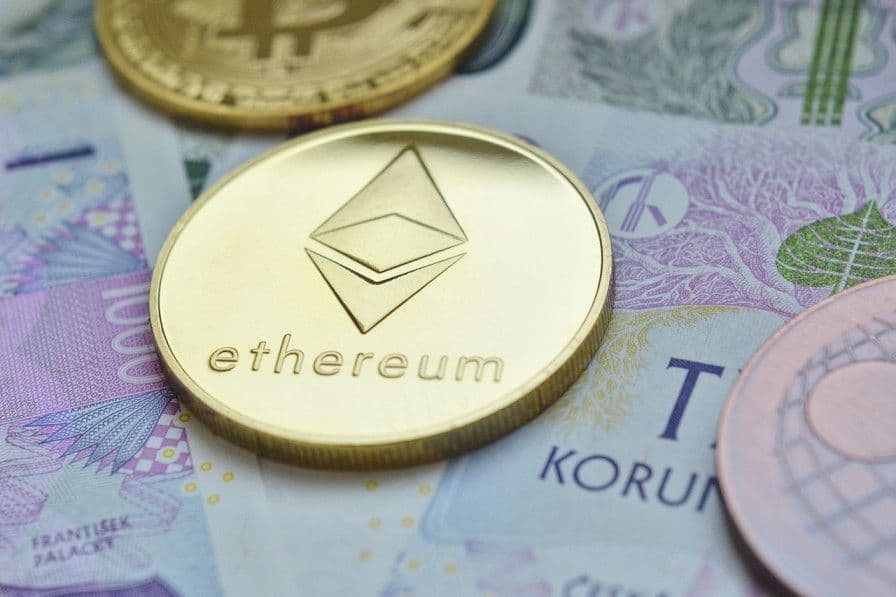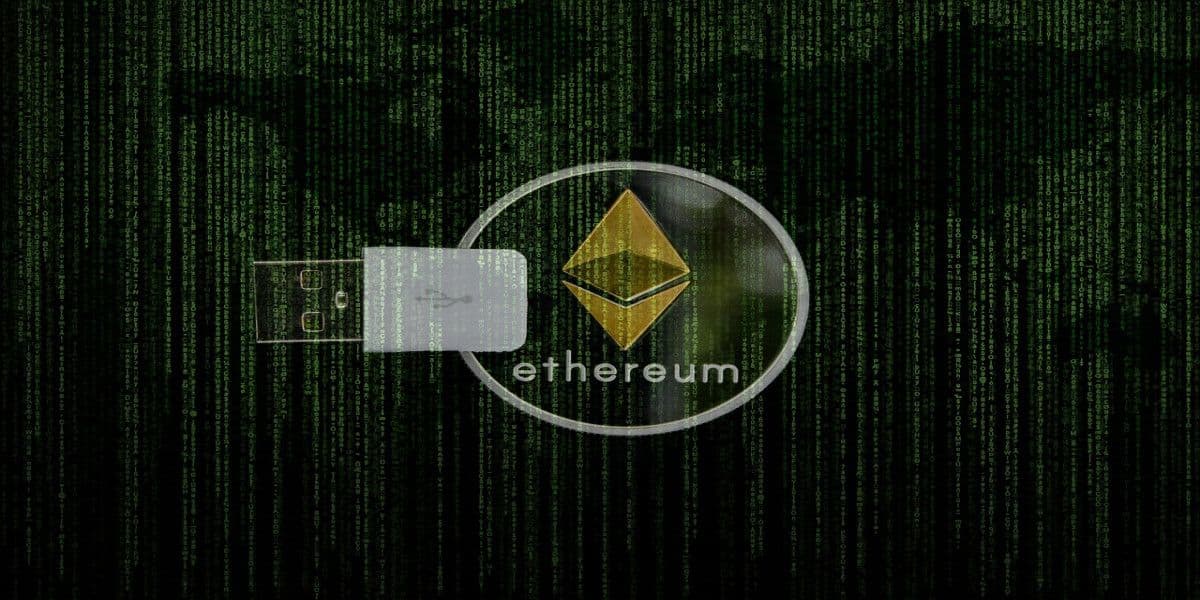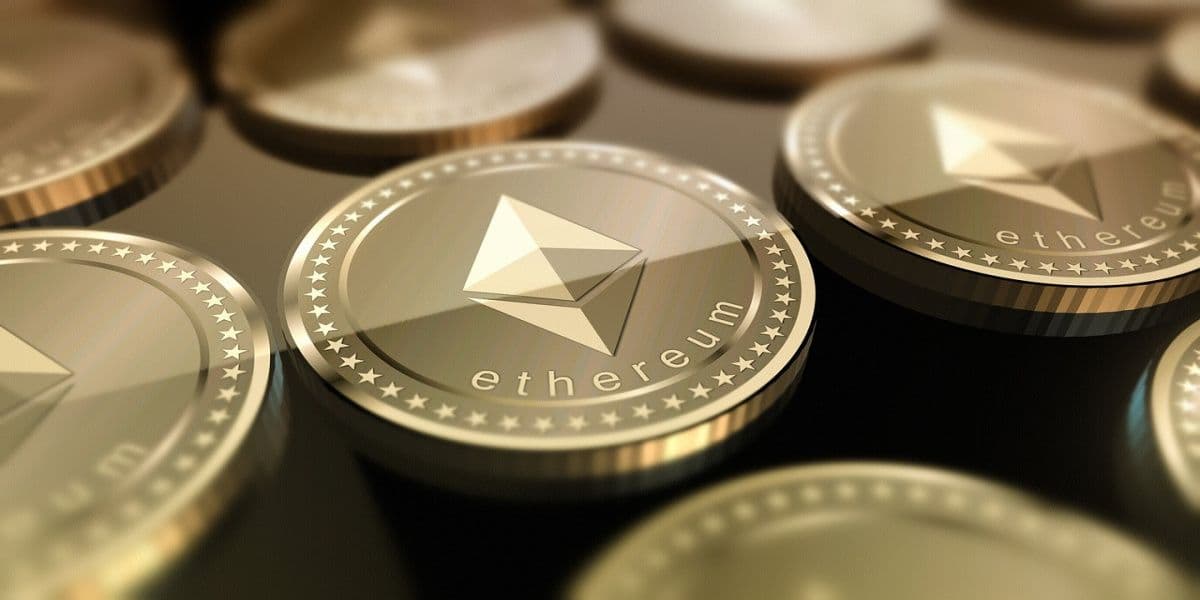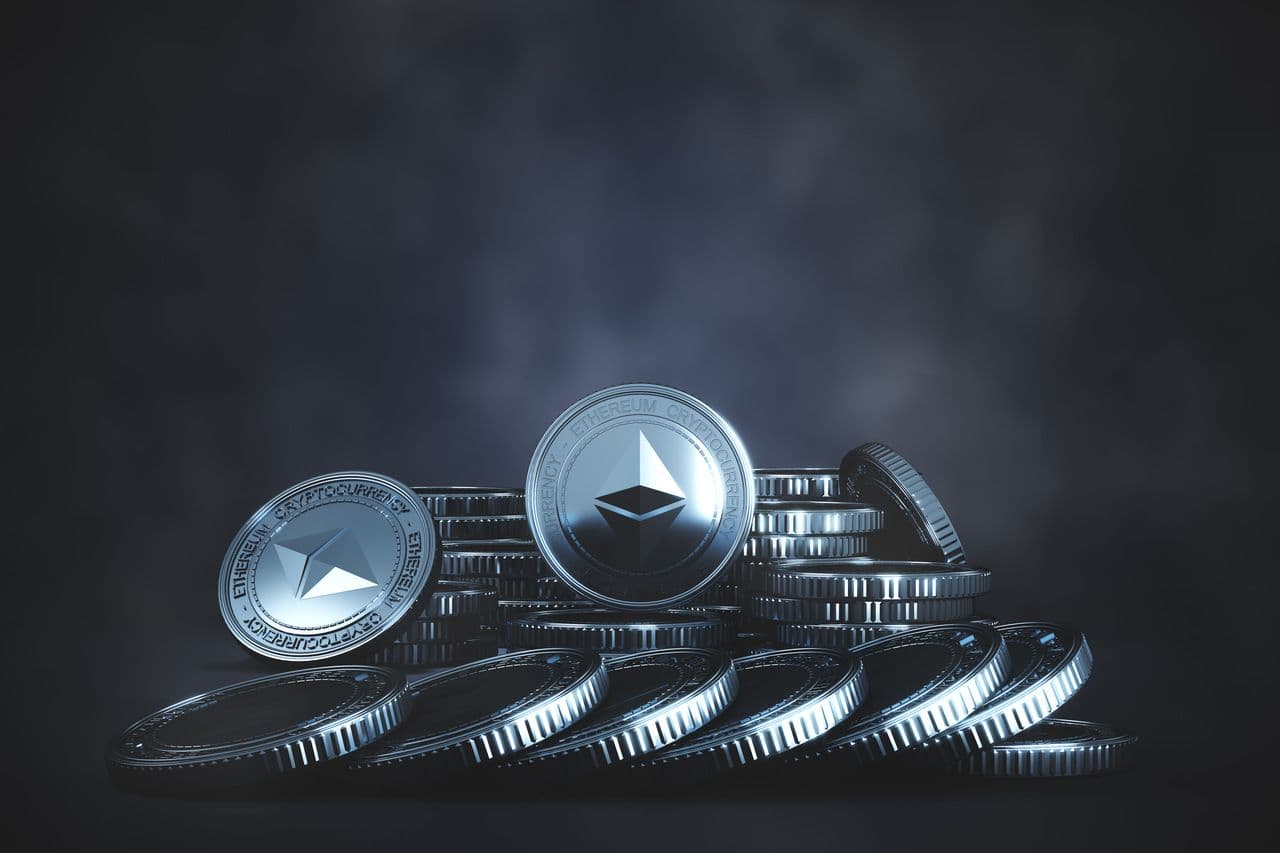What is Ethereum’s update EIP-1559 and what will it bring?
The implementation of Ethereum's upgrade proposal, EIP-1559 could go live on August 4. Ethereum, the most popular blockchain, introduces the EIP-1559

The implementation of Ethereum’s upgrade proposal, EIP-1559 could go live on August 4.
Ethereum, the most popular blockchain, introduces the EIP-1559 update. This proposal exists to enhance the way transactions are processed and improve the user´s experience. It has the potential to be one of the most important updates in the history of Ethereum.
What is Ethereum?
Ethereum offers open access to digital money and virtual services for everyone, regardless of the origin or location. It is a technology built by the community behind Ether (Ethereum’s native cryptocurrency) and many more applications.
Ethereum works on the basis of a blockchain network. A blockchain is essentially a digital ledger of transactions, where all transactions are verified and recorded. The ledger is the record of all operations and transactions that are carried out within the blockchain. This ledger plays a very important role in the transparency, security, and privacy of blockchain technology.
London: the update in general
EIP-1559 is a proposal to update transaction fees on Ethereum and partakes a larger update called London.
London will implement a number of major Ethereum Improvement Proposals (EIPs) to prepare for the Serenity (ETH 2.0) update scheduled for 2022. It will also follow another update called Berlin that took place in April 2021 and is already active in Ethereum’s mainnet. London is already active on the Ropsten Ethereum testnet, and kicked off on June 24, 2021.
Ropsten Ethereum, also known as “Ethereum Testnet”, is a testnet that has the same protocol as Ethereum, but it serves to carry out tests before implementing them in the main network.
London includes five code changes, or “Ethereum Improvements Proposals” (EIP). One of them is EIP-1559, which introduces various changes in transaction fees, thereby changing the behavior of customers in various areas, such as mining.
The London update includes the following EIPs:
EIP-1559: A Proposal to Update Transaction Fees on Ethereum
This proposal seeks to divide transaction fees on Ethereum into base fees and tips.
With the rise in popularity of Ethereum, ETH gas fees (transaction fees that users pay to miners in a blockchain protocol for their transaction to go through) have become more complex and users often run into delays in the confirmation of transactions. Ethereum Enhancement Proposal EIP-1559 offers a solution to these issues by updating how transactions work on Ethereum.
EIP-1559 proposes that users pay an algorithmically adjusted base fee for each transaction, along with the option to include a tip to speed them up. It will adjust rates so that the lowest bid for the block is what users are charged. The rates will fluctuate according to the momentary demand of the network. If there is a lot of congestion, the rates will increase.
This update changes the reward system for miners. Crypto miners are currently receiving the newly-created Ether and the commissions of the transactions that users pay. But after EIP-1559, although they will continue to charge commissions, the miners will receive less for validating the transactions. For this reason, miners are currently indecisive about what this update will bring.
EIP-1559 Operation
ETH Base Fees. The protocol is replaced by a mandatory and algorithmically determined fee called a base fee. This base rate will charge Ethers and will fluctuate based on network congestion.
ETH Tips. If you want faster transaction processing, EIP-1559 allows you to add a tip in addition to the base fee. These tips go directly to miners to encourage them to prioritize transactions that include tips. If there is no increase in demand when a user initiates a transaction, even a small tip would be enough to guarantee that the transaction will be included in the following blocks. Non-urgent transactions will happen when the base rate decreases. Ethereum will use a simple auction system to determine which transactions to include in a block. The more you offer to pay, the more likely a miner will include your transaction in an upcoming block.
This proposal has garnered the most support from Ethereum app creators and users up to now, given the current difficulty of selecting a correct transaction fee.
EIP 1559 has taken slightly longer than expected to be released to the mainnet. In the beginning, its launch was expected in mid-July, but if there are no setbacks, it seems that it will start working on August 4. This is because time is required to intensively test the implementation of EIP-1559. Developers will verify that there are no problems or deficiencies in the code to ensure a smooth deployment. This is necessary as the update previously contained a fault that temporarily prevented 12% of computers from synchronizing with the network.











